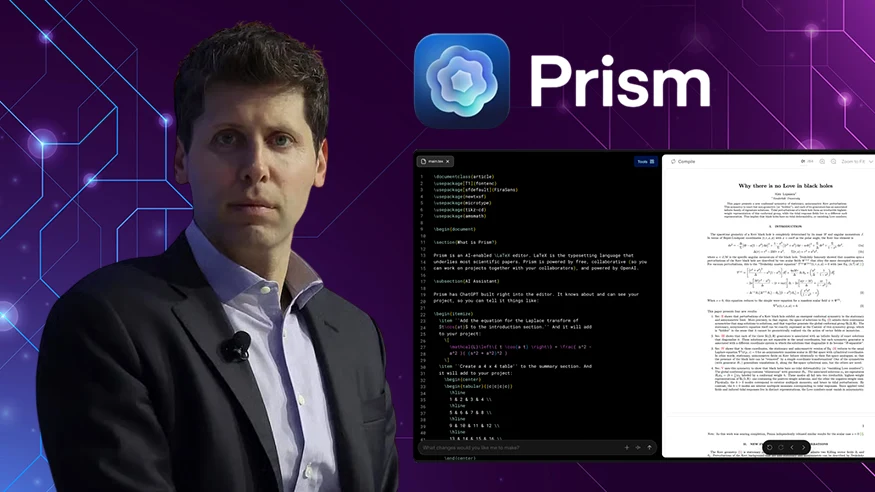US Senate strikes AI regulation ban from Trump Megabill

On Tuesday, the US Senate from Republican voted almost unanimously (99-1) in support of the elimination of a proposed 10-year restriction that would have prevented states from making their laws for artificial intelligence. The restriction was first included in the sweeping tax-cut and spending bill from President Trump.
The voting was held during a lengthy session named “vote-a-rama,” aiming to discuss many amendments. During the session, only one senator named Thom Tillis, voted in favour of keeping the ban. Later on the same day, the overall tax bill passed narrowly with a 51-50 vote.
The original AI regulation ban, however, didn’t stop the states from making the laws. It simple condition was that the state that makes its own AI regulations will not be eligible for $500 million federal fund for AI development.
According to the sources, the major IT companies like Google and OpenAI have supported the ban. According to the tech giants, the state laws might cause a confusing patchwork and thus act as a hurdle in the way of innovation.
On the other hand, many lawmakers argued that the state must have the freedom to make its laws when there is an absence of strong federal protection. According to Democratic Senator Maria Cantwell, states have been playing a core role in protecting consumers from the risks of deepfakes, robocalls, and unsafe-driving technologies.
Also, a group of 17 Republican governors also called on Congress regarding the drop of ban. According to Arkansas Governor Sarah Huckabee Sanders, removing the ban will allow the states to protect children from the negative impacts and content caused by AI.
Senator Marsha Blackburn was the first who introduce the amendment to remove the ban. Initially, Blackburn favored a compromise that focused on reducing the moratorium to five years while also allowing states to make some laws in limited areas.
However, the compromise was later revoked, stating that states must be allowed to take actions until Congress doesn’t pass the national laws like the Kids Online Safety Act.











